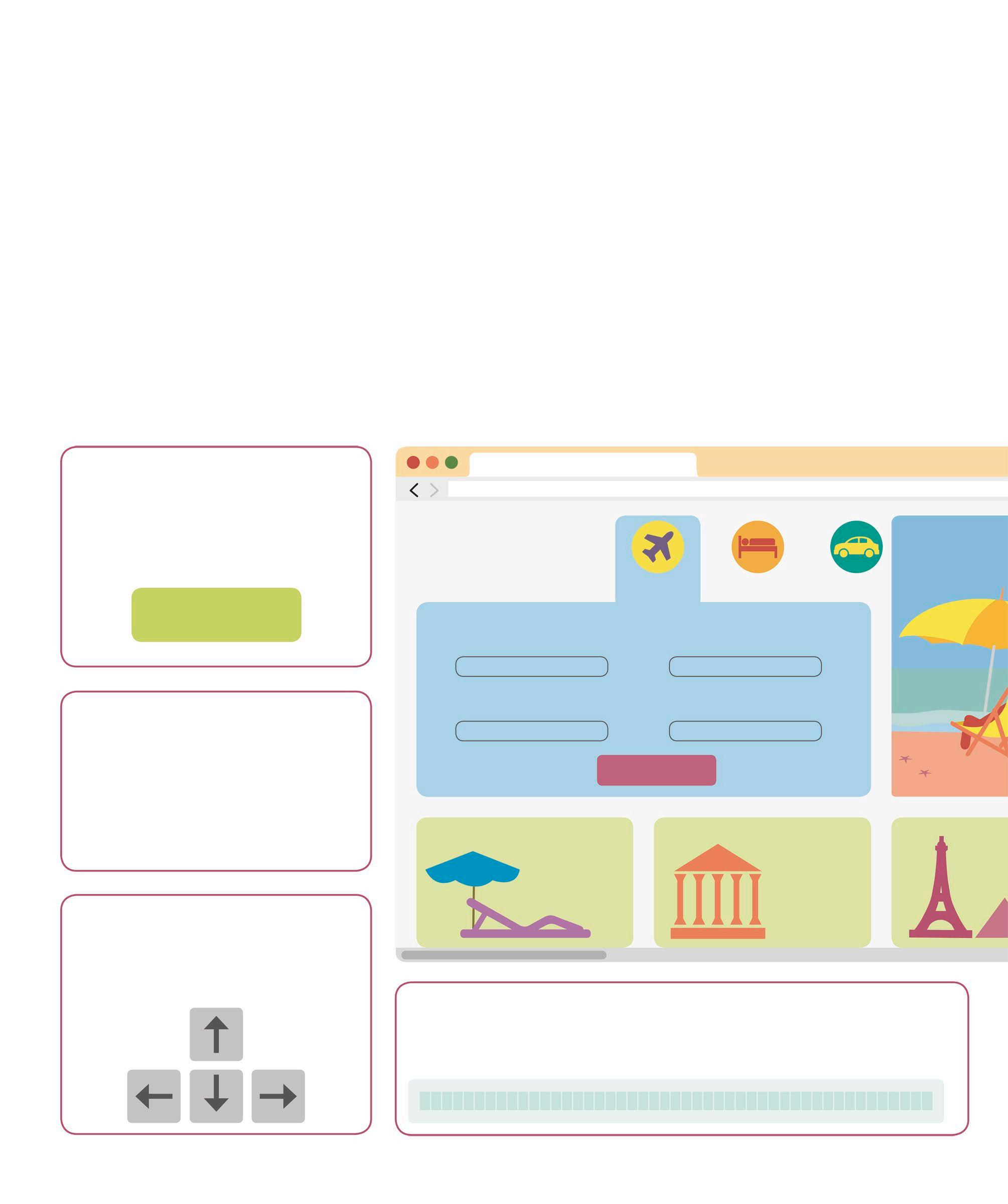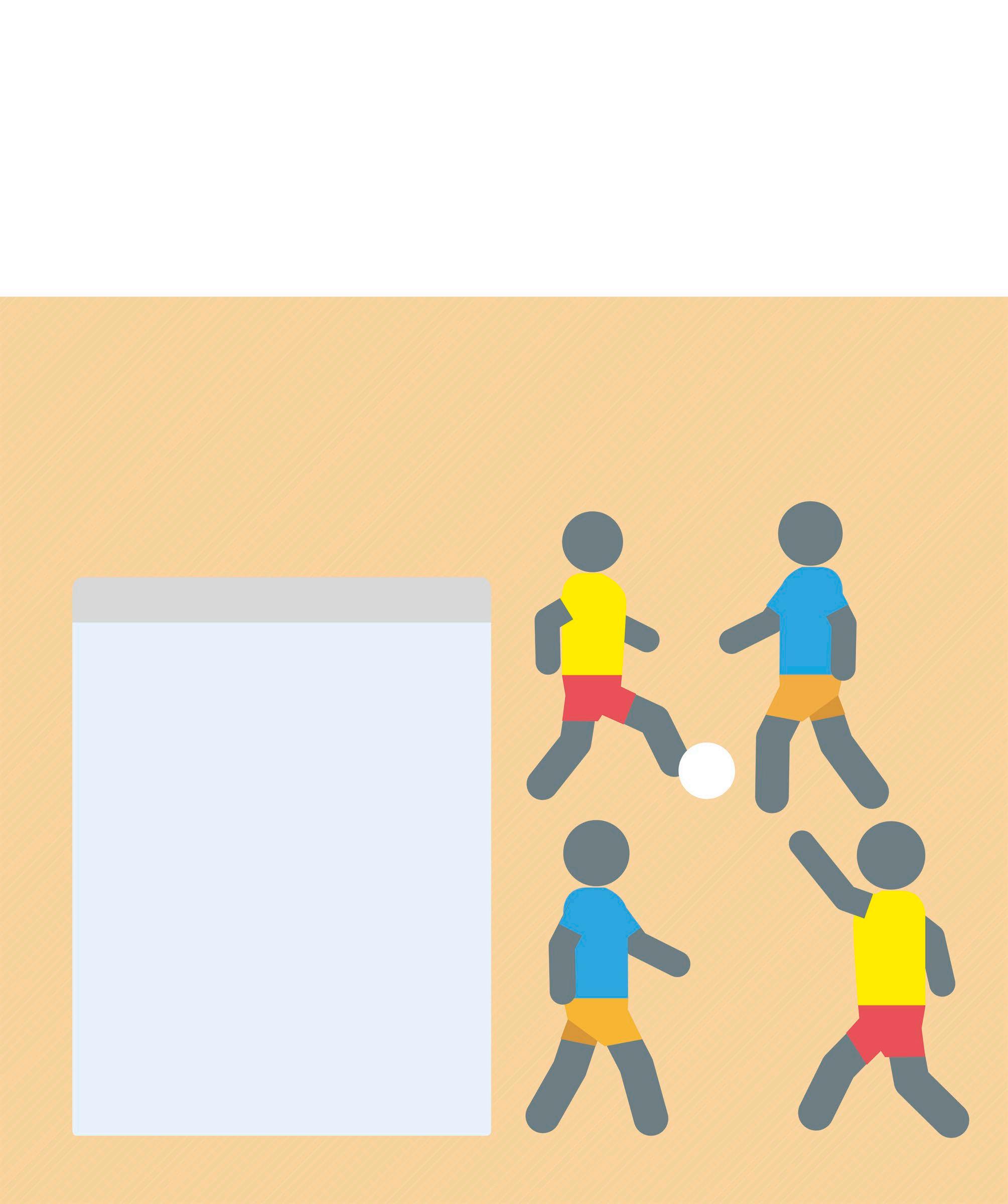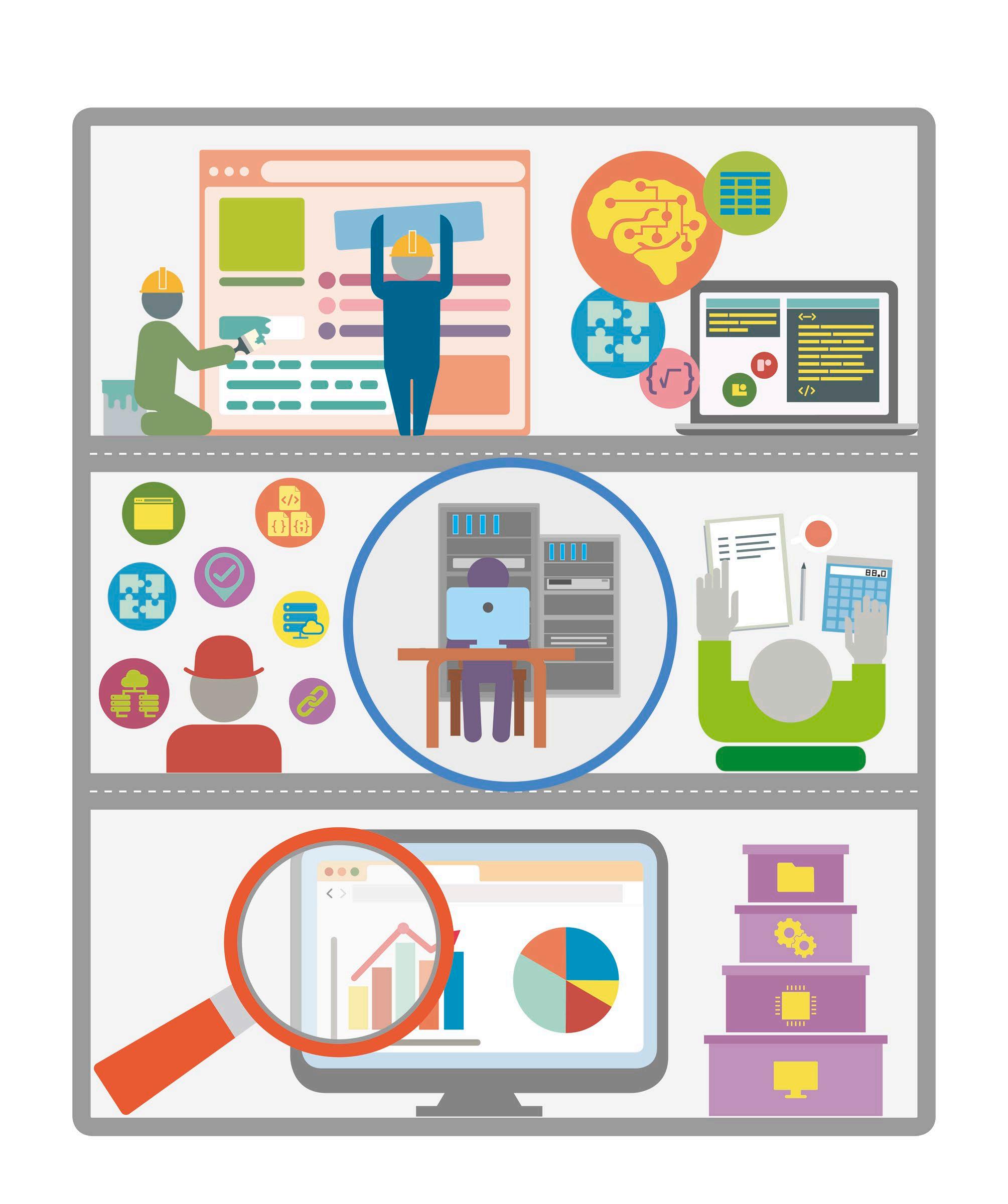What is programming? Computers and electronic devices need software (or programs) to tell them what to do. Programming, or coding, is the art of writing these instructions. Though some people are professional programmers, coding can also be a hobby.
Computer programs are everywhere Programming is not just about conventional computer systems anymore. The world has become increasingly digital, and almost everything runs on software. Programs are now incorporated into devices such as mobile phones and tablets, labour-saving equipment around the home, and even in transportation systems.
Data centre A data centre is similar to an industrial-scale computing facility. Its many servers may be accessed over the Internet to store data or run software “in the cloud”. The “cloud” is a global network of remote servers that can provide services through the Internet. Car Software can be used to monitor a car’s systems and performance, including its speed, temperature, and fuel. The global positioning system (GPS) used for navigation also requires programs.
BECOMING A CODER After learning the basics of programming, these tips can be used to develop coding skills further. • Practice: Write and experiment with code • Read code: A lot can be learned by studying other people’s programs • Learn multiple languages: Learning the different ideas and concepts of other languages can help programmers choose the most suitable language for each project • Publish projects: Putting work online and getting feedback on it from other coders helps you to write better code
Desktop computer Computers are widely used in offices and homes for managing administrative and creative activities, such as music, design, writing, banking, and many more. Washing machine Many household appliances run embedded programs to perform a function. Inside the casing of a washing machine, software runs to manage its wash cycles, water temperature, and timings.














































